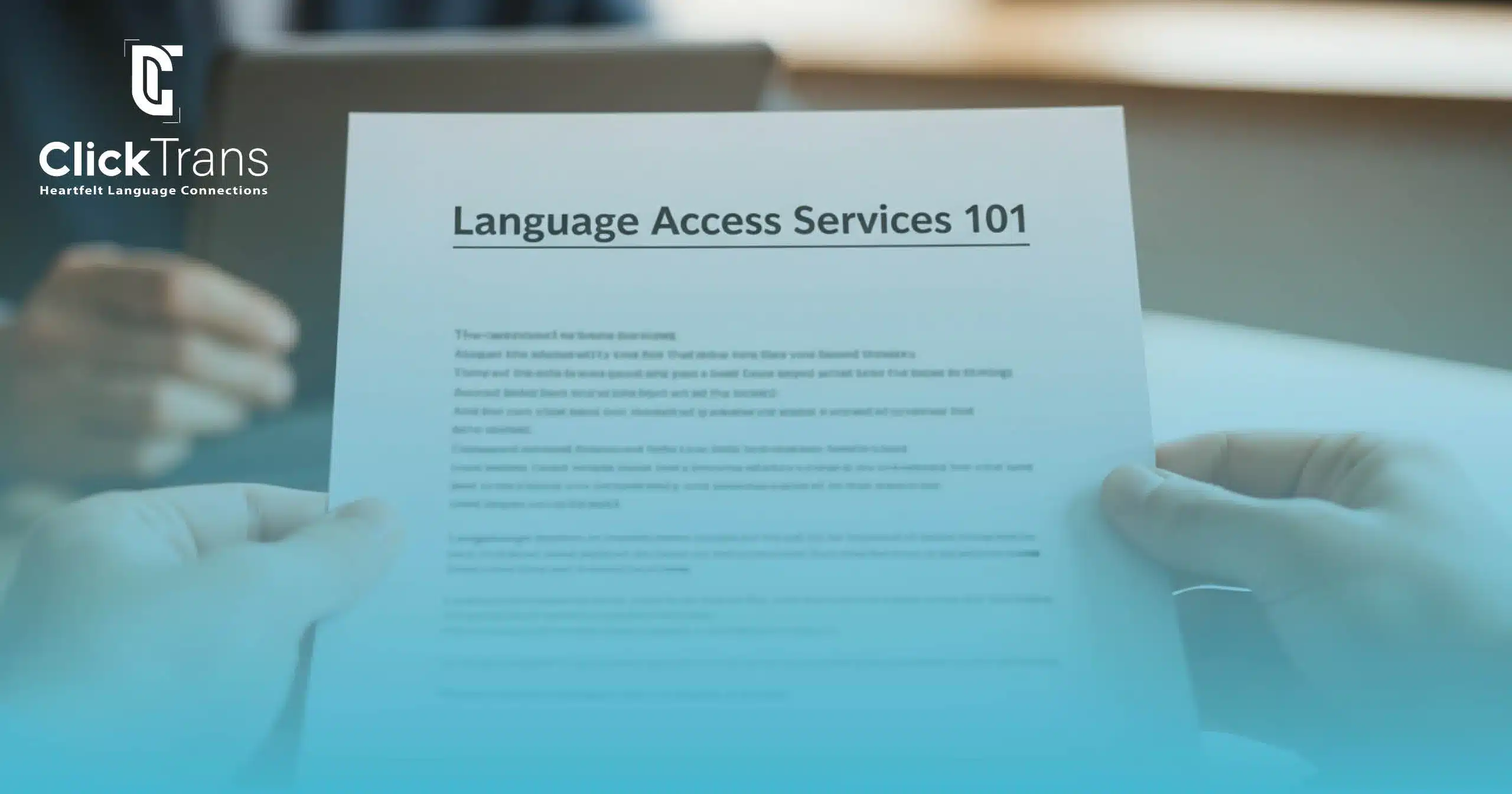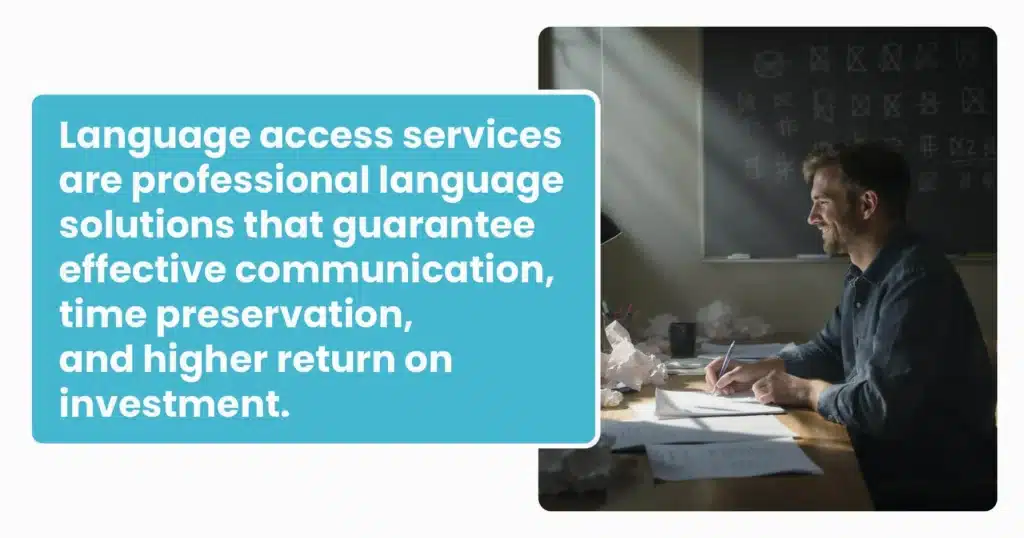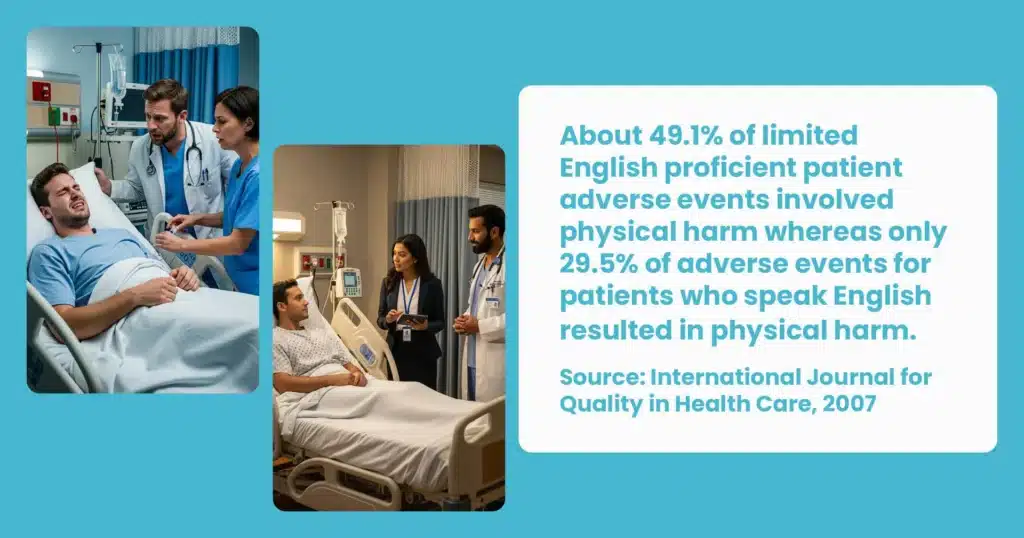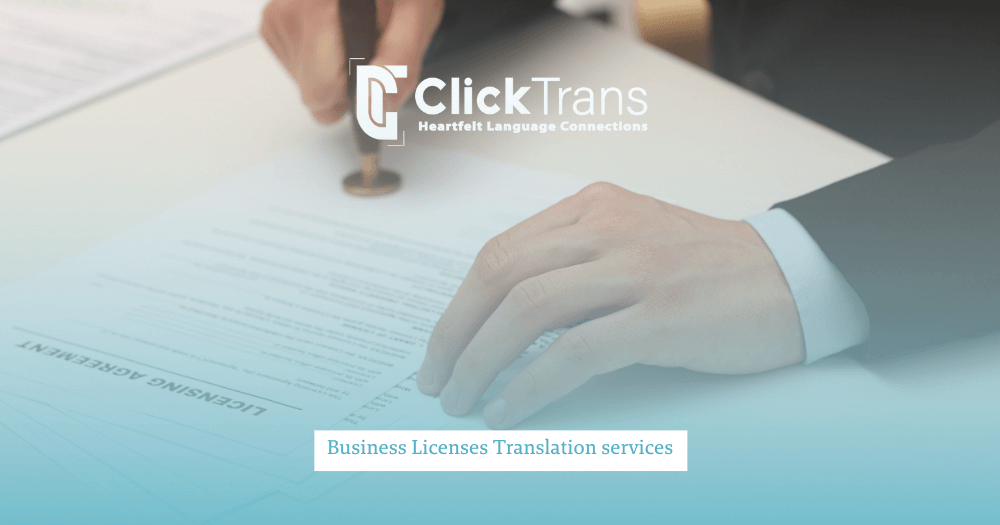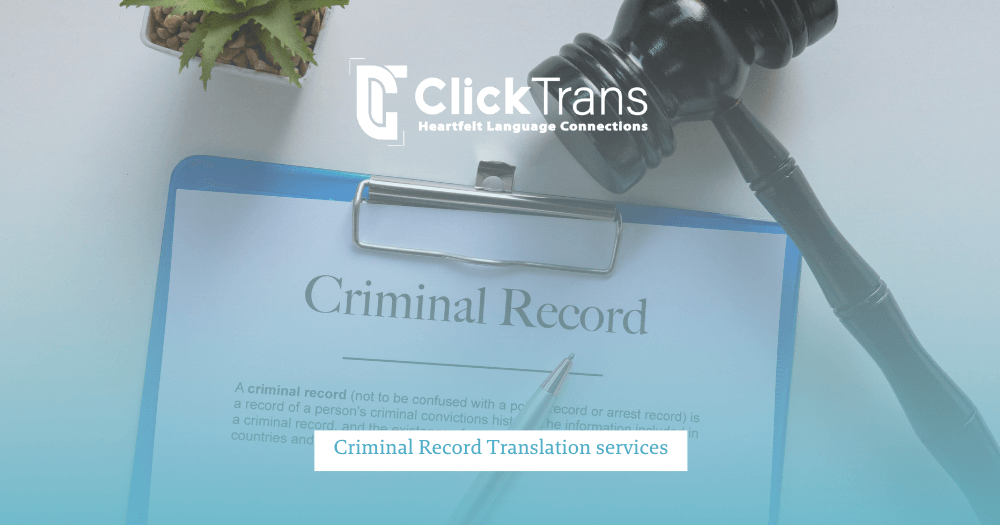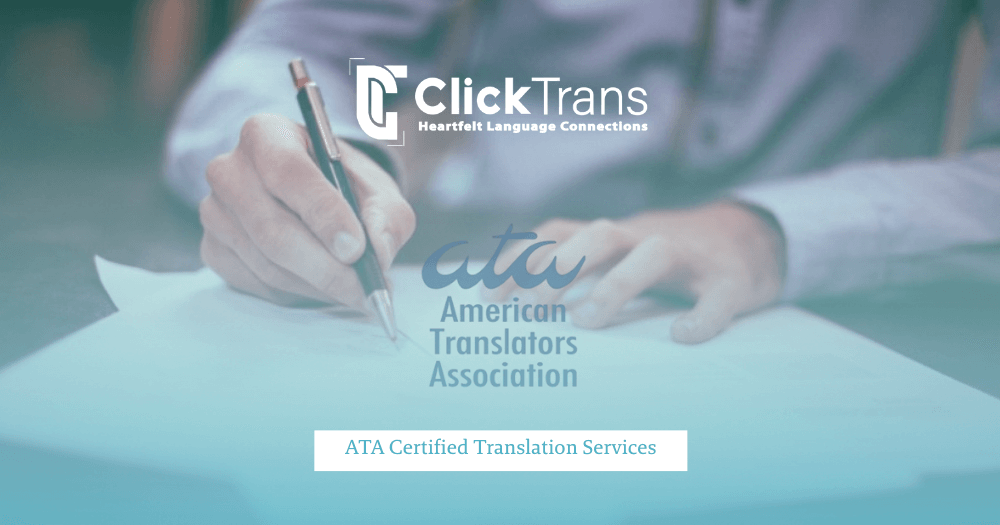Table of Contents
You are walking down a street, and suddenly you’re surrounded by signs and texts in languages you don’t understand.It is a transformation of scenery that came along with globalization, which begged for a solution that presented itself in language access services.
In this article, we shall dive deeper into the concept of language access and everything that you need to know about them.
What Are Language Access Services and Why Are They Important?
Simply put, language access services are the tools and support given to people with limited English proficiency (LEP) so they can interact effectively with their environment.
These tools are represented by translation services, interpretation services, and other multilingual support services that are designed to help individuals communicate.
As to why they are important, imagine you are speaking with someone you are doing business with, and you have nothing in common to push the conversation forward.
You can always use awkward gestures, but for something that involves medical support, for instance, it is wiser to seek professional help. Not only because of the risk that haphazard solutions are likely to lead to but also because of the efficiency and higher engagement you will achieve from working with professionals.
This is why language access services have become very relevant in several aspects of life. They ensure effective communication, time preservation, and higher return on any global investment.
Different Types of Language Access Services Available
We have already established the fact that language access services come in a variety of shapes. Here is an in-depth look at some:
Translation services stand for any form of professional language conversion. This includes localization, interpretation, transcreation and other services as well.
Interpretation services offer a more personal experience. An interpreter relays a spoken message by an individual to another or to a group to help them communicate. It can be done on site, over the phone (OPI), or via video calls.
Transcription services combine the spoken and the written. It is the conversion of spoken language to written text. Transcription offers a wider range of solutions that can be leveraged in all manners of sectors, like media, education, and more.
Localization services ensure that the content offers better cultural relevance to your target audience. It exceeds traditional translation by minding the smallest details to deliver an experience that feels more native and authentic.
Applications of Language Access Services in Government and Private Sectors
It goes without saying that language access services play a huge role in government and private sectors. Why? Because that is where people of all backgrounds and colors converge more frequently for one reason or another.
Having said that, it is not strange for a governmental institution or private agency to rely heavily on language assistance services to cater to the needs of its multicultural audiences.
For example, government sectors such as hospitals receiving federal funding are legally obliged to provide language access to avoid discrimination based on national origin in any program or activity. Similarly, schools require translated notices and interpretation support for non-English-speaking parents.
In private sectors, the situation is not too dissimilar. This is because private organizations also connect with broader audiences. To improve customer experience, train diverse employees, meet legal or ethical obligations, and expand into global markets, no matter the industry, private organizations need to find reliable language access solutions.
Common Challenges in Delivering Language Access Services and How to Overcome Them
Nothing comes challenge-free and delivering language access services is definitely not an easy task. So, what kind of challenges should you expect?
- Shortage of qualified professionals is definitely atop the list. It is difficult to come by a well-trained and qualified translator these days. After all, not everyone is ClickTrans. This is why you should spare no effort in building rapport with as many language service providers as possible and invest in staff language training to expand access.
- Limited budgets represent a stick in your wheel. They often obstruct the availability or quality of access. To deal with this conundrum effectively, consider prioritizing critical needs and exploring cost-effective solutions that offer more and charge less.
- Technological barriers such as operating in a place that lacks the tools needed for remote interpretation, for instance. To solve this problem, you should invest in basic infrastructure—like reliable internet and devices—that makes it easier for your content to be accessible to all people.
- Cultural misunderstandings and stereotyping are common. Eliminating both will ensure that you dodge the bullet of things like confusion and offenses. An obvious and viable solution is to make sure that you hire competent translators and interpreters to handle your needs. You can also incorporate cultural awareness training in your staff training courses.
Having problems with delivering language access services? Contact our team now and let us help you.
The Impact of Language Access Services on User Experience and Inclusion
It’s already been hinted that providing language access services is not just a luxury. It is a necessity.
A study by the International Journal for Quality in Health Care revealed that 49.1% of patients with limited English proficiency experienced physical harm from adverse events, compared to only 29.5% of English-speaking patients.
By offering a service that ensures clear communication and customized experiences to your customers, not only do you earn the respect and loyalty of your audience but also help them feel more respected, included, empowered, and confident when approaching your services.
This is why you should always remember that in situations, like when an LEP patient is receiving medical support, your multilingual support service could stand as the difference between life and death.
How to Choose the Right Language Access Service Provider
There is no guidebook to point you to the right language assistance provider, but there are some general tips to help you make an informed decision. Here are some:
- Language coverage: Always look for a provider that offers a wide range of languages that matches the needs of your audience. It is important to show inclusivity in whatever domain you operate in.
- Tech-supported solutions: A company that relies on traditional methods that don’t include tech-supported solutions is not advisable to do business with. Therefore, make sure to find someone who knows their way around technology to help you accelerate your timeline and save your financial resources.
- Range of services: Seek a provider who presents you with various language access services. This will help you go through different scenarios and communication needs effectively.
- Compliance and confidentiality: Ensure that the provider is compliant with global translation standards, such as the ones imposed by ISO, and has strict data privacy policies in place to protect your most sensitive information.
- Reputation and support: Reading review sections and testimonials is undoubtedly advisable because it helps you evaluate the situation before committing.
Conclusion
With the world being in the state of openness it is in right now, offering limited to zero language accessibility is no longer viable.
ClickTrans is ready to enable your company to gain and provide better linguistic access globally by delivering language access services that are tailored for excellence.
By implementing cutting-edge technology and relying on tier-A language experts, we guarantee high-quality services that help you get through any cultural or geographical barriers.
Ready to go global? Contact our company now and make a request for a free quote!
Frequently Asked Questions (FAQs)
What languages are typically supported by language access services?
A basic language access service will offer translations in the most common languages, such as Arabic, Spanish, and Chinese, to name a few. An ideal provider will also include less common or regional languages to provide a more reliable service.
How much does a language access service cost?
Costs vary based on the type of the service in question. However, services traditionally charge depending on per-word or per-hour rates.
What are the benefits of hiring a professional language access service?
Hiring a qualified individual ensures that you receive accuracy, cultural sensitivity, and legal compliance. It also helps you build trust with your audience when they see how dedicated you are to improving the channels of communication with them.



